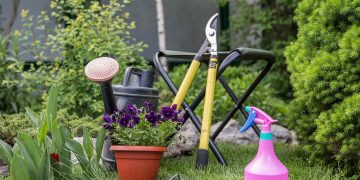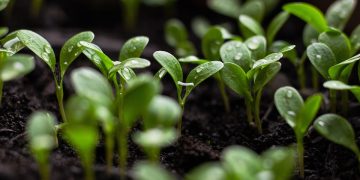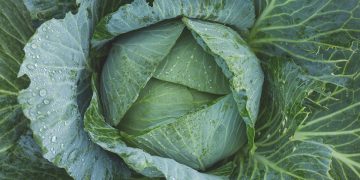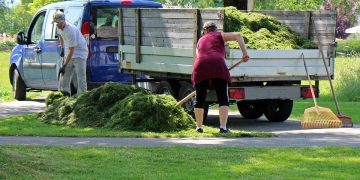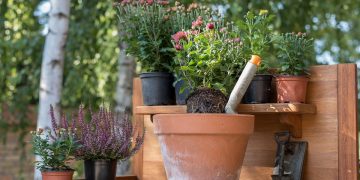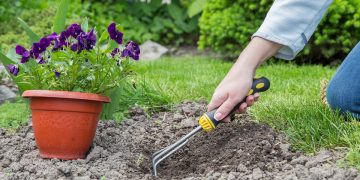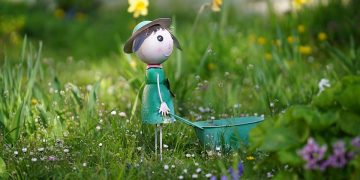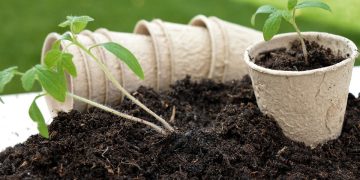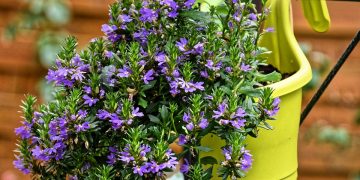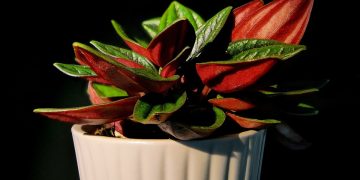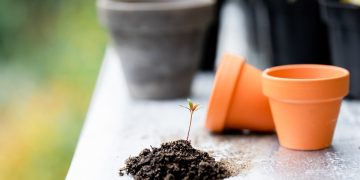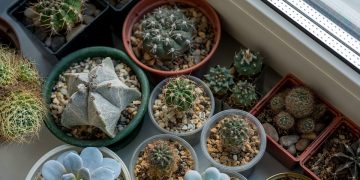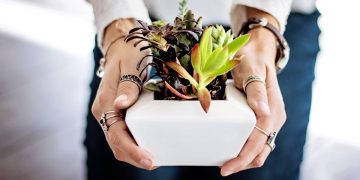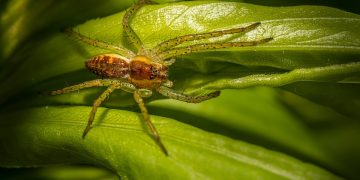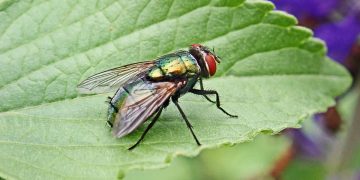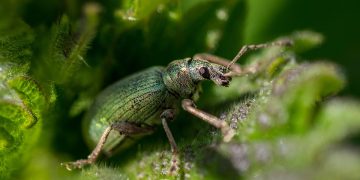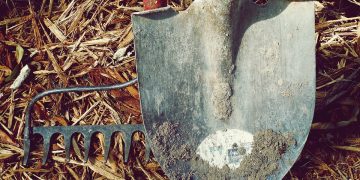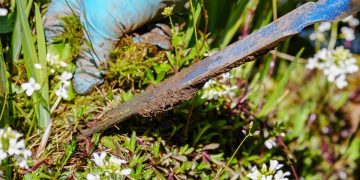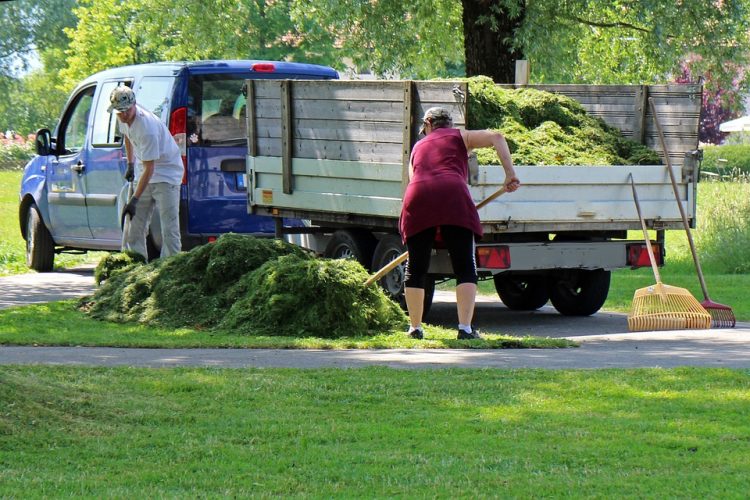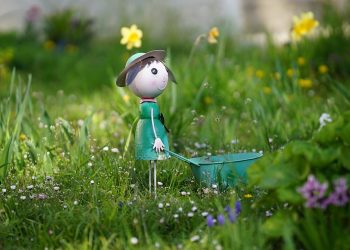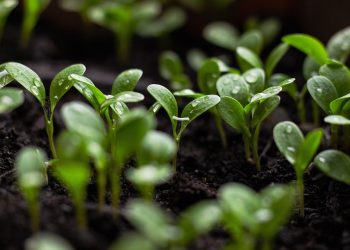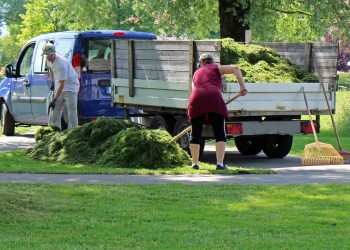Growing Green: How to Create an Eco-Friendly Garden for a Sustainable Future
In today’s world, it’s more important than ever to be mindful of our environmental impact. One way to make a positive change is by creating an eco-friendly garden. Not only does a green garden benefit the planet, but it can also provide you with a beautiful and sustainable outdoor space to enjoy. In this article, we will discuss how to grow a green garden and why it’s essential for a sustainable future.
Why Choose an Eco-Friendly Garden?
There are many reasons to opt for an eco-friendly garden. By growing green, you can reduce your carbon footprint, conserve water, and promote biodiversity. Traditional gardening practices often rely on harmful chemicals and pesticides, which can harm the environment and wildlife. In contrast, an eco-friendly garden uses natural methods to nurture plants and support local ecosystems.
Benefits of an Eco-Friendly Garden
– Reduces carbon footprint
– Conserves water
– Promotes biodiversity
– Supports local ecosystems
– Creates a sustainable outdoor space
How to Create an Eco-Friendly Garden
Creating an eco-friendly garden is easier than you might think. By following these simple steps, you can grow a green garden that benefits both you and the planet.
Choose Native Plants
One of the best ways to create an eco-friendly garden is by choosing native plants. Native plants are well-adapted to the local climate and soil conditions, making them easier to grow and maintain. They also provide essential food and habitat for local wildlife, promoting biodiversity in your garden.
Use Organic Fertilizers
Instead of using chemical fertilizers, opt for organic alternatives. Organic fertilizers are made from natural ingredients like compost, manure, and bone meal, which are better for the environment and your plants. They release nutrients slowly, providing long-lasting benefits to your garden.
Practice Water Conservation
Water is a precious resource, so it’s essential to conserve it in your garden. Use a rain barrel to collect rainwater for watering your plants, and consider installing a drip irrigation system to deliver water directly to the roots. Mulching can also help retain moisture in the soil, reducing the need for frequent watering.
Compost Kitchen Scraps
Instead of throwing away your kitchen scraps, turn them into nutrient-rich compost for your garden. Composting is an eco-friendly way to recycle organic waste and improve soil health. By adding compost to your garden beds, you can enrich the soil and reduce the need for chemical fertilizers.
Maintaining an Eco-Friendly Garden
Once you’ve created an eco-friendly garden, it’s essential to maintain it properly. Regular maintenance will help your garden thrive and continue to benefit the environment.
Practice Integrated Pest Management
Instead of relying on chemical pesticides, practice integrated pest management (IPM) in your garden. IPM involves using a combination of natural pest control methods, such as beneficial insects, traps, and plant diversity, to manage pests effectively. This approach is safer for the environment and promotes a healthy balance in your garden.
Rotate Crops
To prevent soil depletion and pest buildup, rotate your crops each season. Planting different types of vegetables in the same area can help maintain soil fertility and reduce the risk of disease. Crop rotation is an essential practice in sustainable gardening and can improve the overall health of your garden.
Support Pollinators
Pollinators play a crucial role in a healthy garden ecosystem. By planting flowers that attract bees, butterflies, and other pollinators, you can help support their populations and promote biodiversity in your garden. Avoid using pesticides that harm pollinators and provide a welcoming habitat for these essential creatures.
Conclusion
Creating an eco-friendly garden is a rewarding and sustainable way to enjoy the outdoors. By choosing native plants, using organic fertilizers, conserving water, and practicing integrated pest management, you can grow a green garden that benefits both you and the environment. Remember to maintain your garden properly by rotating crops, supporting pollinators, and composting kitchen scraps. With these simple steps, you can create a beautiful and eco-friendly garden for a sustainable future.



